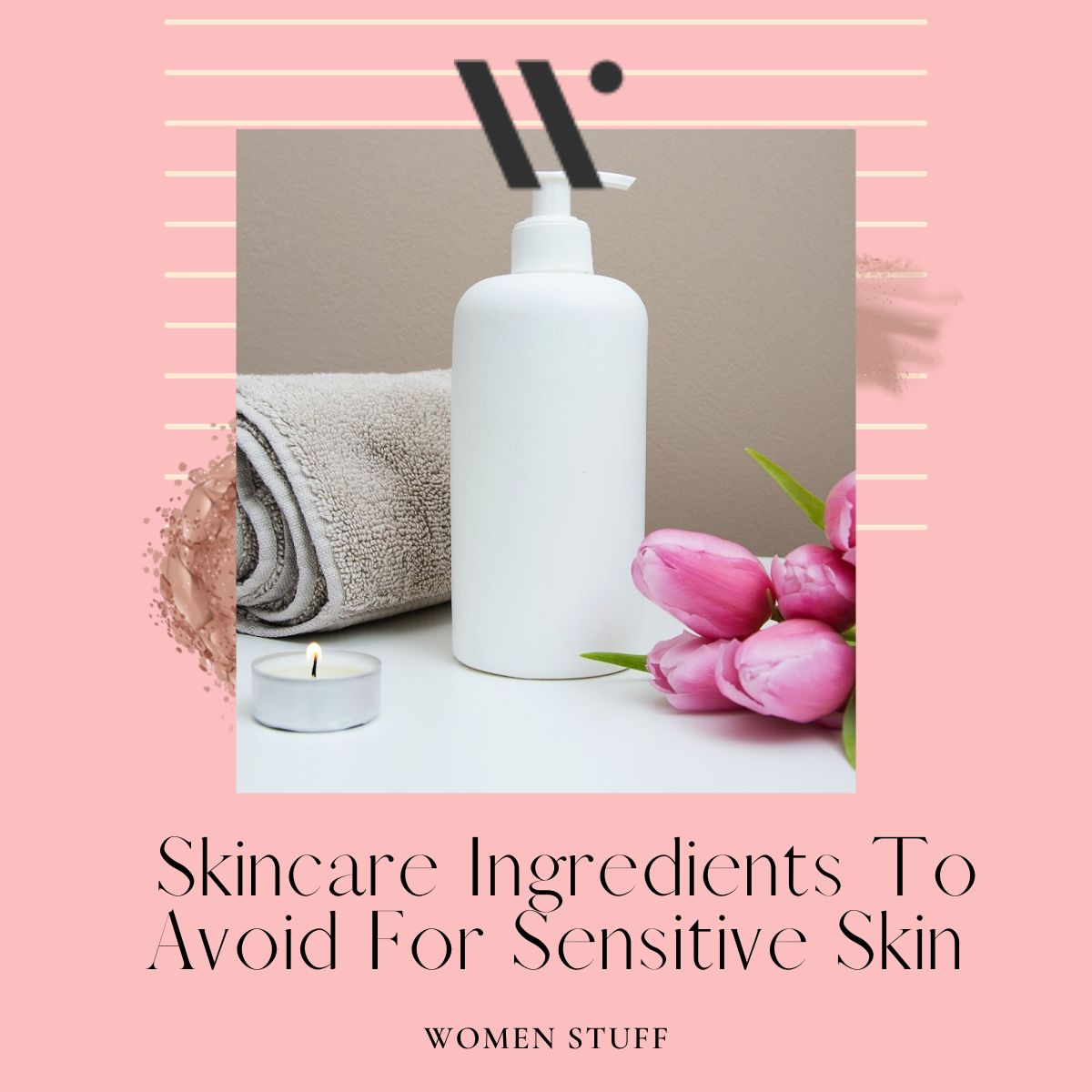
What Skincare Ingredients Should You Avoid for Sensitive Skin?
It can be difficult to find skincare products that don’t cause reactions if you have sensitive skin. Many assume that they must avoid all skincare ingredients because they have sensitive skin, but this isn’t the case. There are many ingredients that you can still use. You just need to be careful about which ones you choose. This blog post will discuss the most common skincare ingredients that trigger reactions in sensitive skin and some alternatives.
What is sensitive skin, and how many people are affected?
The condition is quite common, and it is estimated that up to 50% of people have sensitive skin to some extent. The most common symptoms of sensitive skin are redness, itching, burning, stinging and dryness. It can be caused by several different factors, including genetics, environmental factors, certain skincare ingredients, and even stress.
If you suspect you may have sensitive skin, you must see a dermatologist or other qualified medical professional for diagnosis and treatment. Several treatments are available for sensitive skin, including topical corticosteroids, oral antihistamines, and avoiding triggers. With proper treatment, many people with sensitive skin can find relief from their symptoms and live relatively everyday lives.
Common ingredients that trigger reactions in sensitive skin
If you’ve ever dealt with sensitive skin, you’ll know it’s tricky to manage. You want to nourish and care for it with the best ingredients possible. But on the other hand, you don’t know what products may cause reactions, so you must be careful.
So what are the most common skincare ingredients that trigger reactions in sensitive skin? Let’s look at the most common ingredients that cause issues.
Fragrance
Many skincare products contain fragrance, either as an essential oil or as part of a synthetic scent. Unfortunately, the fragrance is a common trigger for sensitive skin reactions. If you have sensitive skin, look for fragrance-free skincare products.
Essential oils
Like fragrances, essential oils can also be triggers for sensitive skin reactions. If you’re unsure whether a critical oil will trigger a response, do a patch test on a small area of your skin before using it more broadly.
Alcohol
Alcohol is another ingredient that can be problematic for sensitive skin. It can strip away the natural oils that protect and moisturise the skin, leaving it vulnerable to irritation and dryness. If you have sensitive skin, look for skincare products that contain non-alcoholic alternatives like witch hazel or rosewater.
Parabens
Parabens are preservatives that are commonly used in skincare products. However, they can also irritate sensitive skin, so it’s best to avoid them if you have sensitivities.
Sulphates
Sulphates are detergents that are often used in cleansers and other skincare products. They can dry and irritate sensitive skin, so look for sulphate-free alternatives if your skin is insensitive.
Why these ingredients can be problematic for sensitive skin
There are a few reasons why these ingredients can be problematic for sensitive skin. Firstly, they can strip away the natural oils that protect and lubricate the skin, leading to dryness, irritation and inflammation. Secondly, they can disrupt the skin’s delicate pH balance, throwing off its ability to defend itself against bacteria and other environmental aggressors. And lastly, they can penetrate deep into the skin, causing sensitisation and increased risk of allergic reactions.
Finding the right skincare products for your skin type
There are a few things to remember if you have sensitive skin. Choose products that are made for sensitive skin. We must ensure they are free from harsh chemicals and fragrances and explicitly designed for sensitive skin types. If you need help determining what ingredients to look for, a quick search online should give you a good idea.
You should also avoid using too many products at once and see how your skin reacts before adding more products into the mix. It’s also an excellent idea to patch-test new products before using them all over your face and avoid scrubbing your skin too hard so you don’t damage your skin.
Stay aware and keep your skin healthy
The bottom line is that several skincare ingredients can trigger reactions in people with sensitive skin. If you have sensitive skin, be sure to read labels carefully and avoid products that contain these ingredients, as labels can be misleading. These simple steps will help you prevent irritation and keep your sensitive skin looking and feeling its best.
Photo by Camille Brodard on Unsplash





